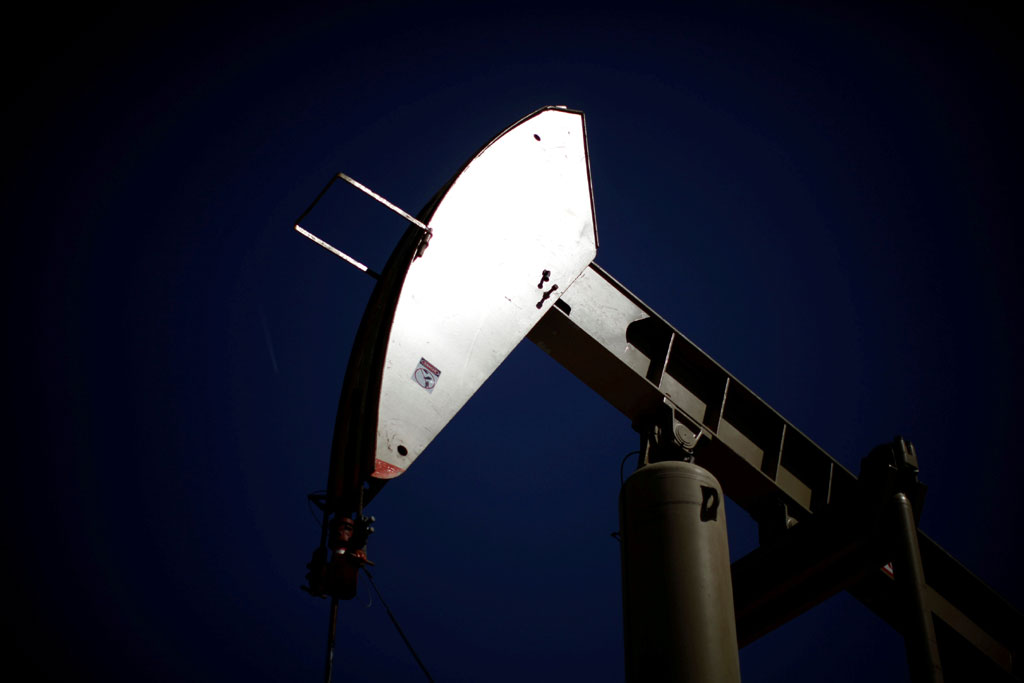
Speaking on the sidelines of DMA's trade and investment forum for Sudan in London, oil ministry adviser Salah Whabi said exploratory talks had begun with some of the world's top commodity traders.
Major independent traders frequently sign cash-for-crude deals in countries where banks are reluctant to lend due to increased regulation or for fear of falling foul of US sanctions.
Washington lifted 20-year-old trade sanctions against Sudan in October but the east African country is still on the US list of state sponsors of terrorism.
Sudan has suffered both from the sanctions and from the secession of the south in 2011, when it lost three-quarters of its oil output, its main source of foreign currency.
It currently produces about 90,000 barrels per day and has been trying to raise interest in upstream exploration.
Whabi later told the conference that Sudan plans to launch an oil and gas licensing round in 2018.
Major commodity traders Trafigura and Vitol are already among its oil buyers, the official said.
The official said Sudan was looking to add 15,000 to 20,000 bpd of output by developing Block 2B.
Sudan's oil minister Abdel-Rahman Osman said the country was aiming to reach 129,000 bpd by the end of next year, the cap it agreed to as part of the OPEC/non-OPEC deal to reduce production to end a global oversupply of crude and prop up the oil price.
Further ahead, Sudan aims to produce about 250,000 bpd.
Sudan recently retook control of the oilfield when it decided not to renew the licence for the operating consortium including India's ONGC.